Inequality in a Future Wales: Areas for action in work, climate and demographic change
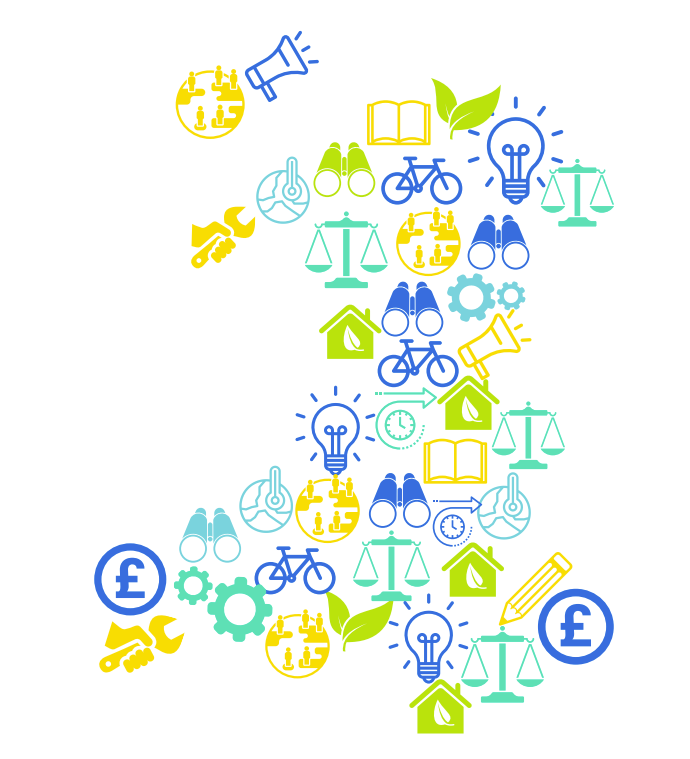
This article is an abridged version of the original text, which can be downloaded from the right-hand column. Please access the original text for more detail, research purposes, full references, or to quote text.
Summary
This report explores how three key trends – changes to how we work, climate change and demographic change – may affect inequalities in a future Wales. The research was based on a rapid review of literature evidence and discussions with organisations that advocate for greater equality. The main finding of the report is that existing socio-economic inequalities in Wales risk being carried into the future unless they are specifically addressed. It suggests taking action on this would involve:
- Looking for opportunities to promote equality in policy development across all areas
- Creating opportunities for equalities advocates and policymakers to think and plan for the long-term in partnership as part of policy development processes
This reflects the ways of working set out in the Well-being of Future Generations (Wales) Act 2015; particularly integration, collaboration and long-term.
Introduction
The sustainable development approach within the Well-being of Future Generations (Wales) Act 2015 requires Welsh policy makers to take a long-term view so that their decisions do not impact negatively on future generations. The purpose of this research was to examine three long-term future trends and consider how current and future polices associated with them can, simultaneously, tackle inequalities.
The impact of the pandemic on socio-economic inequalities has been immense. Disabled and older people, men and people from Black and South Asian communities have been disproportionally vulnerable to acquiring COVID-19 and having serious or fatal outcomes. People on low-incomes, in frontline roles and in precarious work, disproportionately women, disabled people and some ethnic minority communities, have been further economically disadvantaged by COVID-19. These are also the groups most vulnerable to climate change, changes in the organisation of paid work, and changing demographics, hence the focus on socio-economic inequalities throughout the report.
Methodology
The Future Generations Commissioner’s first statutory review of progress towards meeting the well-being goals, under the Well-being of Future Generations (Wales) Act 2015, identified three key future trends as central to ‘A More Equal Wales’:
- Automation and the changing future of work
- Climate change
- Demographic change
A rapid review of these trends, from academic and think tank evidence, revealed that the idea of promoting equality is not central to policy innovations in these areas. Further, that inequalities will increase in the future if nothing is done, and if conflicts between achieving economic growth, promoting equality and environmental change are not addressed.
Summaries of the reviews were shared with Welsh policy think tanks and civil society organisations advocating for equality in Wales, via online discussion groups. The participants informed more about the immediate and serious implications of the COVID-19 pandemic, and how it has created new, or entrenched existing, inequalities. They expressed that the focus on the immediate crisis, and the need to respond immediately and decisively, has left little time for reflection on potential future long-term impacts.
The discussion group participants agreed that automation, climate and demographic change should be central to futures thinking on equalities. They also identified the need for these trends to be considered when tackling poverty, mental health, and the further breakdown of social cohesion.
#1 The future of work
Key Messages
- Unless addressed, predicted growth in science, technology and ‘green jobs’ will advantage the already advantaged because of an existing lack of diversity in relevant education, training and jobs.
- Preparations for a changing future of work should focus on job redesign and training, rather than mass job displacement. Job redesign decisions must involve those effected and support must be made available so training is accessible to all.
- New policies, such as Universal Basic Income (UBI) and remote working, need to consider equality.
Figure 1 (below) sets out where we are now, and provides policy options for change, taking into account their ability to take us closer to the vision first set out in the ‘Wales We Want’ report and formalised in the Well-being for Future Generations (Wales) Act 2015. It highlights, policy responses that may have inadvertent consequences unless provision is designed to tackle inequalities.
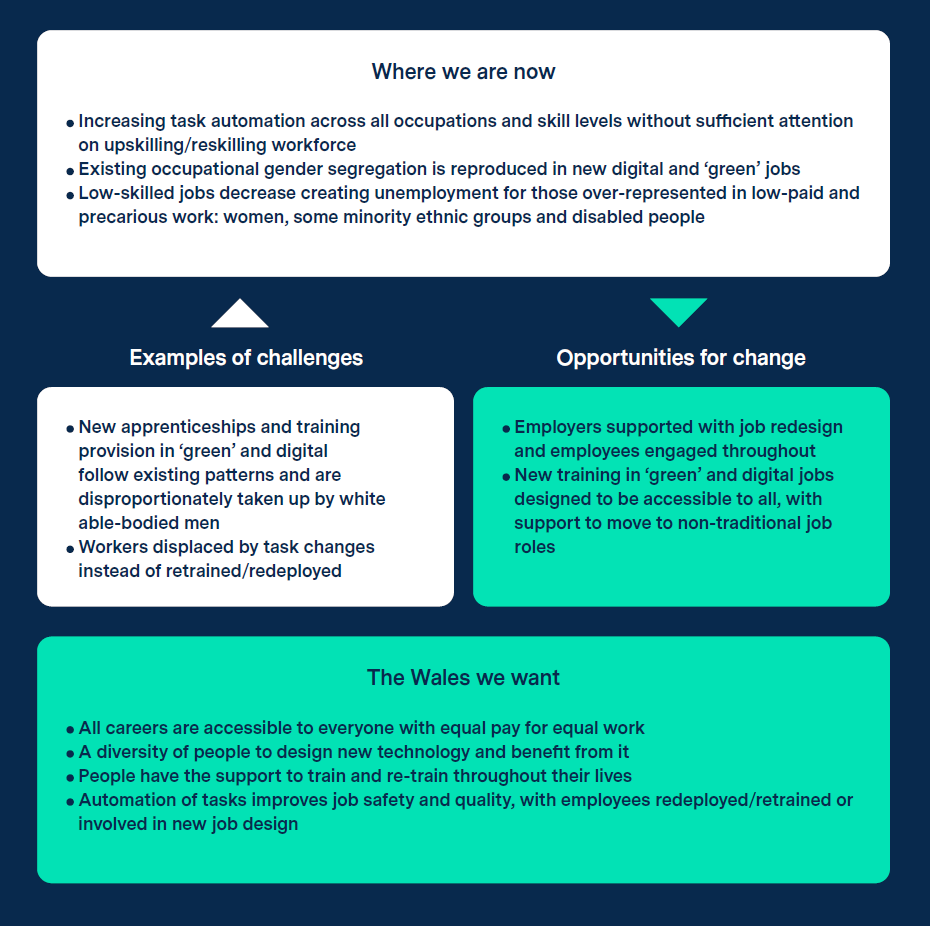
Figure 1: Future of Work
Areas for action
- Increasing the number of women, ethnic minorities, and disabled people in the digital and ‘green’ economy, so that existing inequalities are not recreated as these sectors grow.
- Supporting employers as they redesign jobs to take into account the increased automation and digitisation of tasks, so that they protect and improve peoples’ job quality, security, autonomy, and worklife balance, and involve employees in the process.
- Targeting and improving the accessibility of business support, entrepreneurship programmes and retraining/reskilling opportunities to make sure they are open to all. Ways of achieving this may include offering paid leave/incentives to retrain, free childcare for all and/or additional financial support for job seekers and those in education.
- The creation of a future of work strategy, underpinned by equality and Fair Work principles, could integrate policy and action on the foundational economy, shifts to the digital strategy, green economy, and enterprise.
#2 Climate change
Key Messages
- The poorest and most marginalised populations are least responsible for climate change but are:
- the most likely to be exposed to its negative effects,
- more susceptible to damage,
- have the least resources to respond, cope and recover.
- Climate change mitigation could benefit marginalised communities if done well but could increase inequalities if the impacts on different groups in society are not factored in.
- It is important that climate change does not become separated from equalities thinking and understanding, or limited to decarbonisation when it is just one part of achieving sustainability and well-being for people and planet. The broad portfolio of the new Climate Change Ministry is therefore welcomed as an important opportunity for integration.
Figure 2 (below) sets out where we are now and provides policy options for change in the context of reaching the ‘Wales we want’. The figure focuses on the Net Zero priority areas of housing and transport. It explains what will happen if decarbonisation is assumed to have the same effect across all groups compared to if tackling inequality is considered.
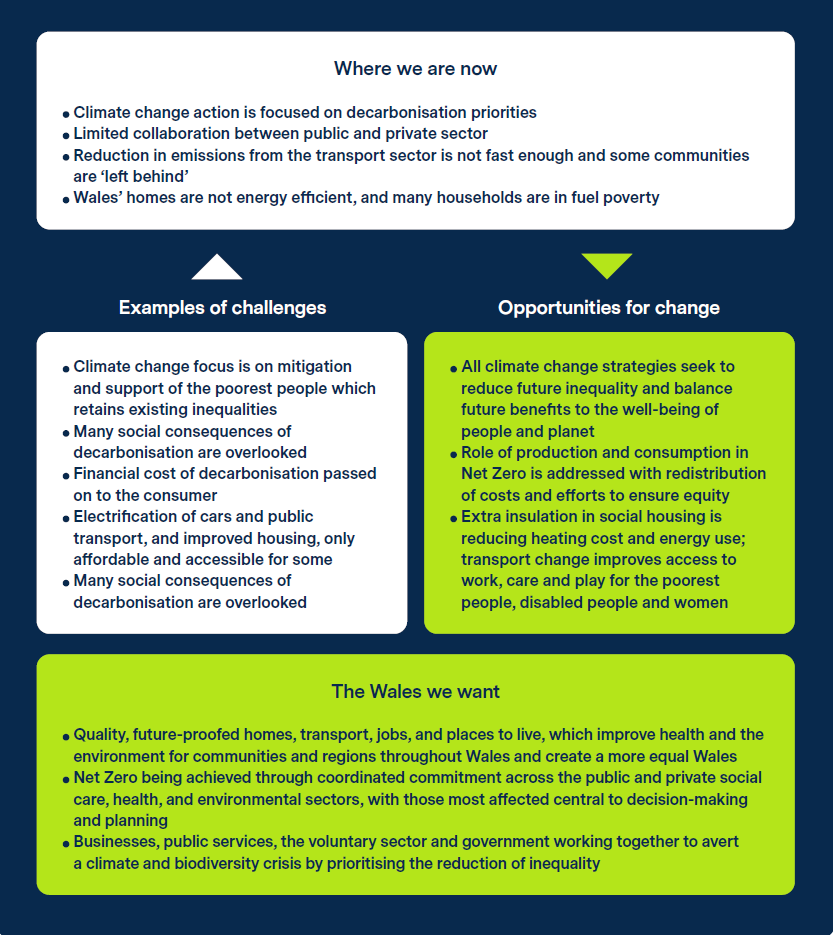
Figure 2: Climate change
The Climate Change Committee (CCC) reviewed the progress of the Welsh Government towards Net Zero, outlining its achievements and priorities in each of the decarbonisation areas mentioned above i.e., transport, energy, and behaviour change. It did not however address inequalities as a priority. The following section reviews these decarbonisation areas and suggests a way forward for policy and reflective thinking about inequalities.
1. Transport
The report concluded that transport disadvantage and social disadvantage interact directly and indirectly to cause transport poverty. This can be seen in the promotion of Electric Vehicles (EVs), for example, which may have lower running costs but currently are more costly to buy. A lack of attention to poverty may be because poorer communities (as well as women, ethnic minorities, and disabled people) are not included in planning and policy decision-making related to EVs. Planning solutions need to recognise that work is likely to be the furthest away for those with the lowest incomes and that different social groups travel in different ways with different purposes.
2. Buildings/ Housing
Net Zero recommendations for Wales include a focus on improving and promoting ‘green’ efficient buildings, fuels, and heating across public bodies. There remains considerable uncertainty about future temperatures and cold weather events in relation to which solutions are most needed to future-proof homes and other buildings. Including those with the least economic resources living in private rented housing, is one way of tackling the impact that changing climate will have on housing wealth inequalities. Other approaches could include people who own homes but have the least economic resources to suitably adapt their homes.
3. Electricity generation/ Fuel supply
Decarbonisation of electricity generation will have a significant impact on the poorest communities who may struggle to pay their bills if it means they become more expensive. Nearly a quarter (24%) of the most vulnerable households in Wales already live in fuel poverty, meaning they do not have enough money to keep their homes adequately warm. However, people who are poor, or from minority groups, are also more likely to live in air polluted areas. Including these vulnerable groups within decision-making and planning will further help to ensure that existing disparities are not transposed from the ‘old’ fuel economy to the ‘new.’
4. Agriculture/ Land use/ Forestry
The report recognises the value in reducing emissions from agriculture in Wales while also focusing efforts to ‘keep carbon in the ground’ by growing forestry, protecting peatlands and pasture, and changing how land is used. In their report for the UK 2070 Commission, researchers explain how imbalances in economic activity and related social and environmental conditions across the UK creates ‘left behind places’ and communities. It is recommend that more is done to understand, and reflect in policymaking, how the natural environment contributes to economic, cultural, and social well-being; how green spaces differ in terms of benefits; and most importantly, how the positive benefits of green spaces could be more fairly distributed across social groups.
5. Aviation and shipping
There is a lack of data to show how ethnic minorities, disabled people and people in the lowest socioeconomic groups might be affected by future changes in cost, availability and desirability of flying. Previous work on carbon or ecological foot-printing is one way of identifying the relative emissions between social groups. It has been proposed as an equitable way forward for understanding how emissions outputs differ between social groups and for which groups social and cultural changes in relation to the need to travel should be addressed.
6. Waste
The Welsh Government 2017 Future Trends report noted that there had been good progress on waste reduction in Wales. There are different responses to climate change among different socio-economic groups and by gender and disability, but there is a research gap about whether this translates into recycling or waste reduction. In future it is important that the different resources needed by different communities to support pro-environmental actions, such as recycling, are considered.
7. Greenhouse gas removals
The need to continue driving down both the levels of air pollutants and nitrous oxides was brought home starkly by the COVID-19 pandemic. People from ethnic minority backgrounds who were hospitalised for
COVID-19 were more likely to come from areas with the highest levels of deprivation and the highest levels of pollution. An equality approach to climate change needs to reduce the exposure of disadvantaged groups to pollutants (for example actively monitoring and reducing air pollution in streets).
8. Behaviour change
Behaviour change policies can unjustly displace responsibilities for emissions reductions onto vulnerable groups. Foundational questions, such as what counts as acceptable inequalities in the different access
to resources that can bring about social change, need to be addressed. One mechanism for answering these questions is by ensuring that those most vulnerable to and affected by climate change strategies, are included as part of the decision-making that sets out plans for equitable access.
Areas for action
- Ensuring that all climate change/ decarbonisation strategies progressed also reduce inequalities now and in the future by considering how they may impact on different groups and communities before decisions are made. This needs to recognise the overlapping importance of a wide range of policy areas to equalities and climate change/ decarbonisation, such as housing, transport, energy, rurality, and access to green space. The solutions should be tailored to each of the decarbonisation strategies learning from the existing experiences of inequality (i.e., in housing etc.).
- Involving those affected by climate change and decarbonisation in policy decision making, either through existing platforms or by trialling new ones e.g., creating Citizens Forums as part of a Just Transition approach.
#3 Demographic change
Key Messages
- An ageing population will disrupt how health and social care, employment and education, and pensions operate, and these systems will need to adapt if they are to function in the long-term.
- Future challenges need to be tackled with the needs of all generations in mind or risk disadvantaging one at the expense of another and/or falling short of achieving ambitions.
- A ‘care-led recovery’ puts childcare and the care needs of older people on an equal footing with ‘green jobs’ in benefitting health, the environment and the economy.
Figure 3 (below) sets out where we are now and provides examples of challenges and opportunities for change towards ‘the Wales we want’. The figure focuses on making inequalities across all generations a thing of the past.
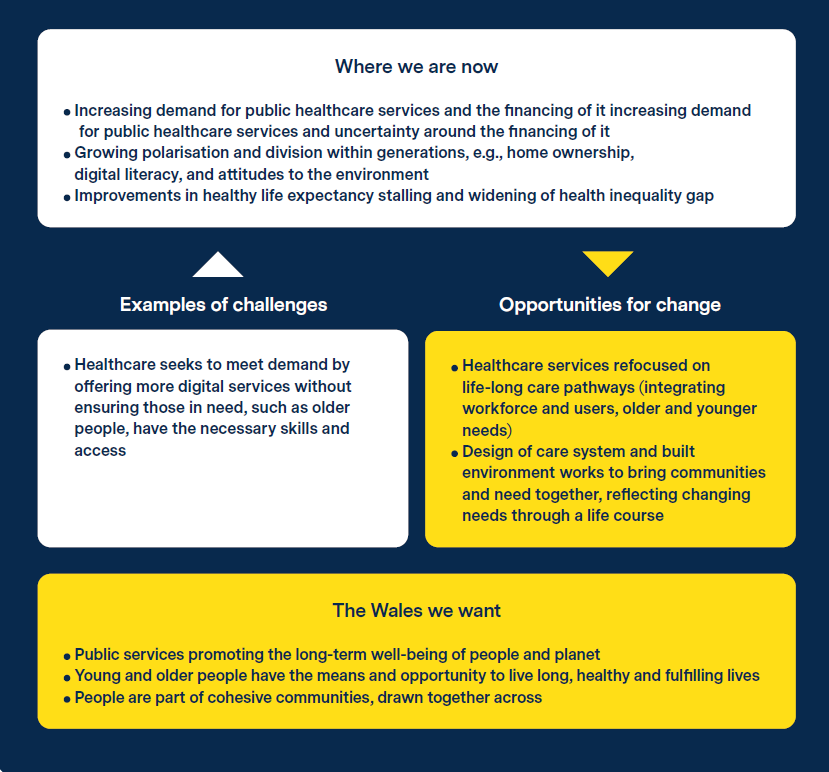
Figure 3: Demographic change
Areas for action
- Putting age equality at the centre of new policy development (an intergenerational approach), particularly for health and social care, mental health, community cohesion, digital inclusion, and childcare. One approach would be to create an intergenerational forum for policy making with a focus on integrative working.
- Make care a shared and joint responsibility that meets the needs of a changing demographic. One approach would be prioritising a care-led recovery in the green transition.
Long-term Proactive Policy Making: Well-Being, Equality and Human Rights
To realise Wales’ seven well-being goals, long-term thinking needs to be further embedded in policy development. Long-term policies on the future of work, climate, and demographic change, should be considered as key sites where inequalities could be diminished. To do this, the sustainable
development principle, the setting of objectives towards achieving the well-being goals, and the stepping-stones to achieving this (the five ways of working), as set out in the Wellbeing of Future Generations (Wales) Act 2015, need to be brought together in a cohesive policy development method.
In this respect two models were set out which have the potential to embed equality and sustainable development in long-term policymaking for further consideration, development, and integration.
The Integrated Equalities and Human Rights Mainstreaming Model
This is a collaborative ‘learning practice’ policy development model originally created to assist the Welsh Government with mainstreaming equality for all people and integrating human rights into policymaking on an intersectional basis. The method is based on creating collaborations between policy makers, academics, equality organisations and ‘experts by experience’, who together, undertake an open and exploratory evidence review process.
Just Transitions Model
The Just Transition approach to embedding equality in climate, economy and environment approach policies is one that would: ‘… consist of a dual commitment to human well-being (with respect to income, education, and health) and sustainability (with respect to decarbonisation, resource efficiency and ecosystem restoration).’ This aim is underpinned by a vision, and a set of principles that each public body uses to define and develop their own transitional opportunities and challenges.
Areas for action
- Exploring ways of embedding equalities in decision making processes. Options include Just Transitions and the mainstreaming equality and sustainability policy development models. Successful approaches would need to sit within the framework set out by the Well-being of Future Generations Act.
- Pursuing opportunities for ongoing shared learning between equalities advocates and policy makers around long-term thinking and planning. This should involve developing the expertise of equalities advocates in futures approaches and ensuring futures projects engage with equalities communities. This may be aided by the creation of an Equalities Future Forum or could build on existing forums.
Citation
Future Generations Commissioner for Wales. 2021. Inequalities, the Future of Work, and Just Transition: Equalities Report. Cardiff: Office of the Future Generations Commissioner for Wales. https://www.futuregenerations.wales/wp-content/uploads/2021/11/FGCW_Equalities-Report_proof_08.pdf

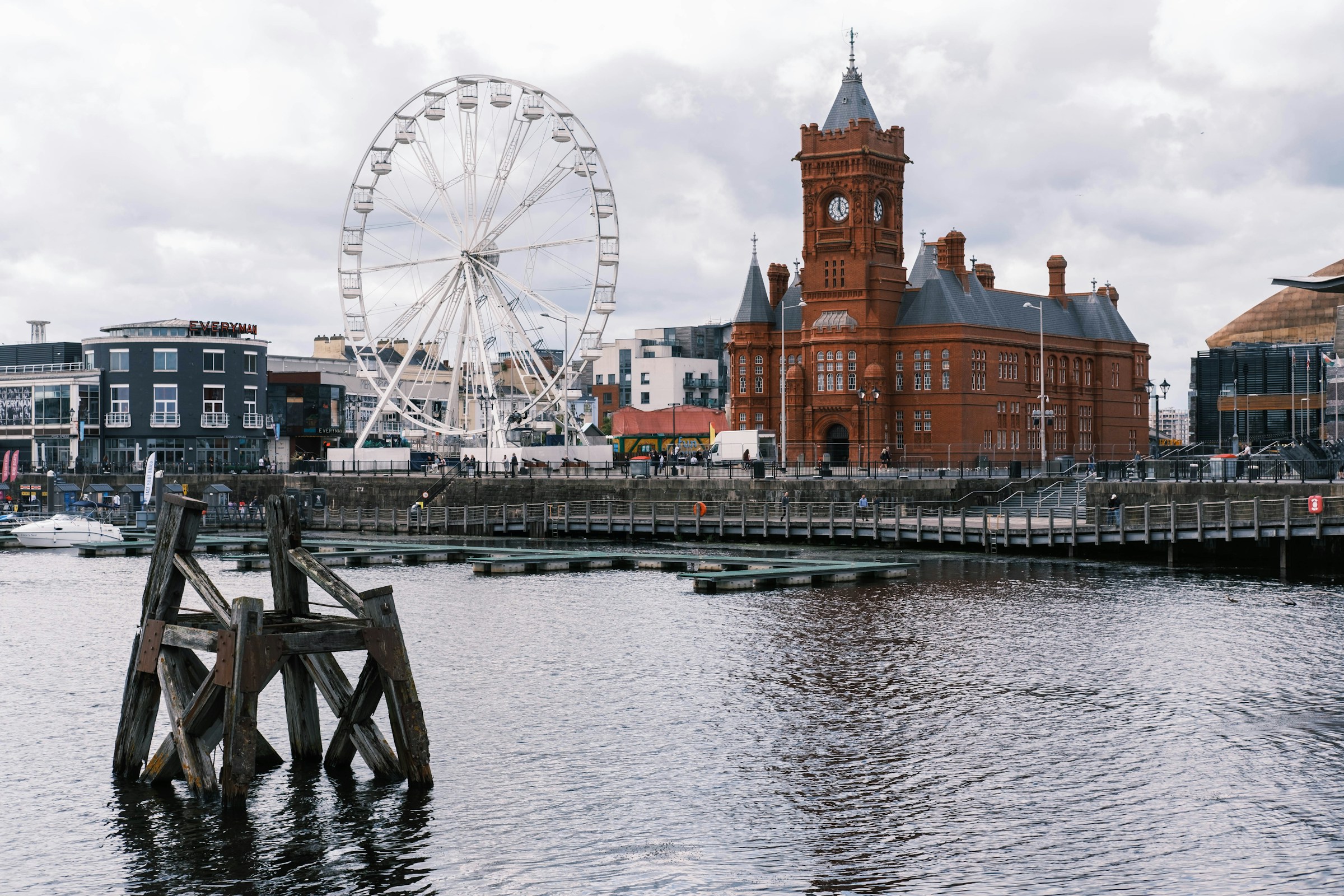
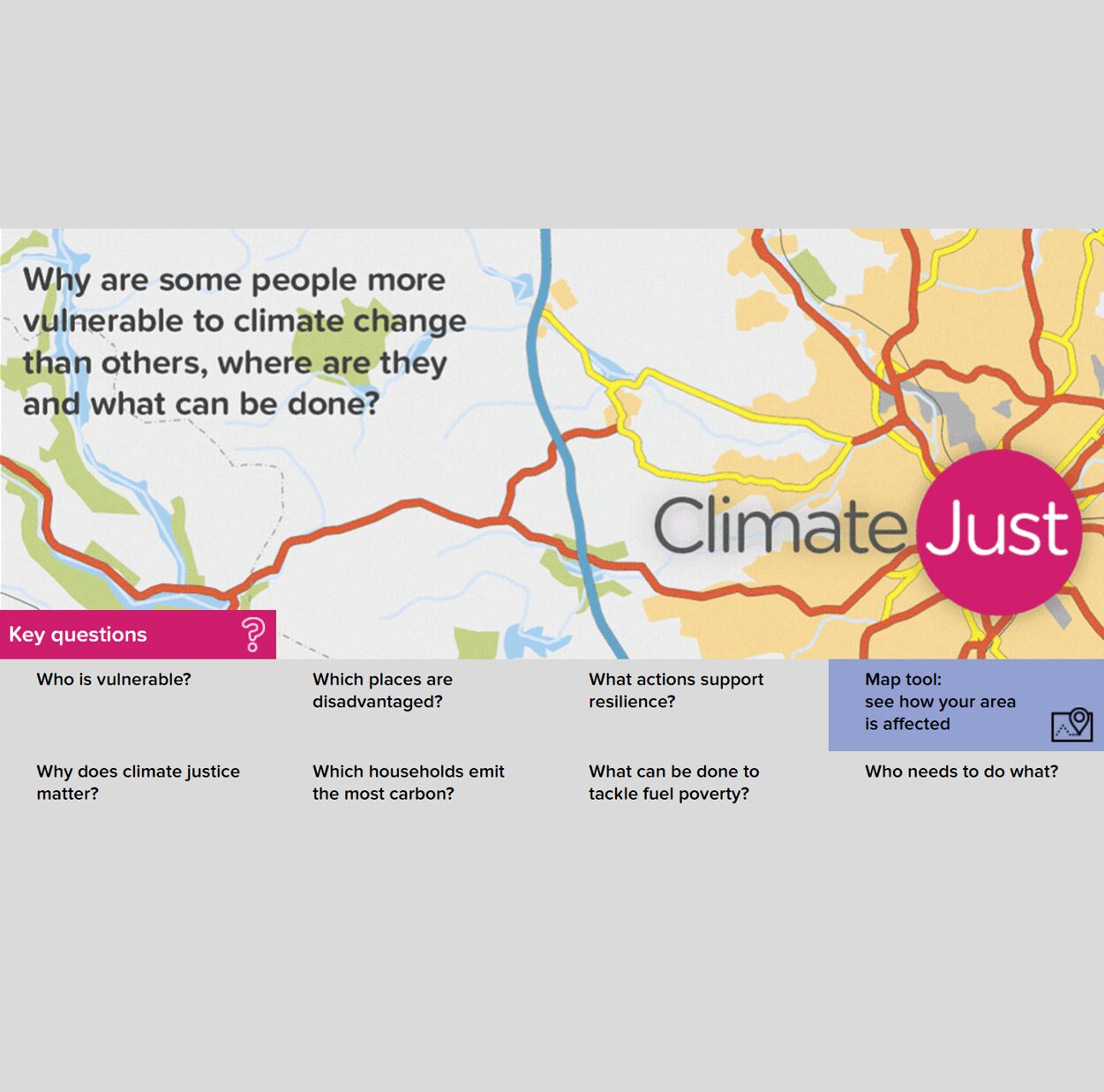
Comments
There is no content